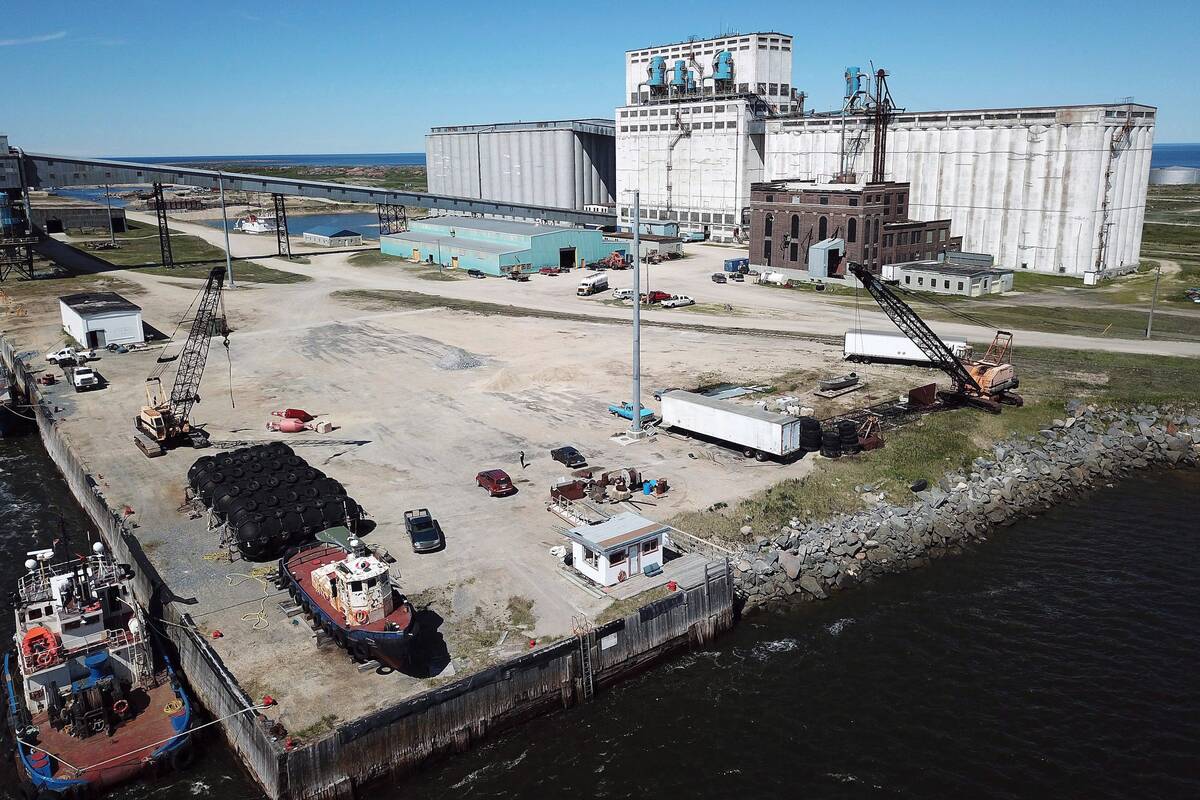The Senate is now studying Bill C-49, a bill to amend Canada’s Transportation Act and other related acts, which the House of Commons passed in November.
The National Farmers Union (NFU) is one of many groups urging the Senate’s Transportation and Communications Committee to amend the bill before it goes back to the Senate for a final vote.
As it currently stands, Bill C-49 is so flawed that it is unlikely to provide any relief to farmers. Its provisions actually weaken the position of farmers and offer empty solutions to real problems.
Read Also

New Crown-Indigenous partnership to spearhead Churchill expansion
Province announces new Manitoba Crown-Indigenous Corporation to co-ordinate Port of Churchill Plus revamp, bolster northern development and trade
A system of reciprocal penalties for non-performance by grain companies and railways could prove useless for improving service or reducing costs for farmers. Grain companies are unlikely to pass any savings on to farmers since costs they incur can be hidden in basis discounts on grain prices paid to farmers.
Rail service may even get worse since the railways may decide to schedule fewer car drops unless they are certain they can supply them: no scheduled drops mean no penalties to be applied.
Bill C-49 weakens the railways’ common carrier obligations to the point it may become almost impossible to find that a railway is providing insufficient service. Today, a railway must deliver every properly loaded car to its destination in a timely manner. If Bill C-49 is passed as is, the railways will be able to claim they are doing the best they can under the circumstances when they fail to provide service, and shippers will have no recourse.
The ability to ship producer cars is an important option for farmers to get their crops to market without being at the mercy of railways or grain companies. To make this work as it should, producer car shipping rules need to be strengthened, but there is nothing to address this problem in Bill C-49.
Instead of a reciprocal penalty system, we need an independent body that includes farmer representation to arbitrate disputes and enforce compliance between shippers and the railways in a timely manner. We also need such an independent body to co-ordinate grain movement by rail between the country elevators and export terminals in order to maintain Canada’s reputation with our export customers.
Bill C-49 fails to require a full costing review of the railways. This would not only be of benefit to farmers and save them tens of millions of dollars annually, but I believe that all shippers would be very interested in the results too.
We also have to question why Bill C-49 increases the cap on a single entity’s ownership stake in CN Rail from 15 per cent to 25 per cent. There is no rationale provided for this concession.
The federal government must be prepared to regulate and govern the rail industry like the vital infrastructure it is, to promote the economic interests of the entire Canadian economy — including farmers — and not allow the railways to be used solely as a means to enrich its shareholders.
Cam Goff farms near Hanley, Sask., a little bit south of Saskatoon. He’s also second vice-president of the National Farmers Union.

















